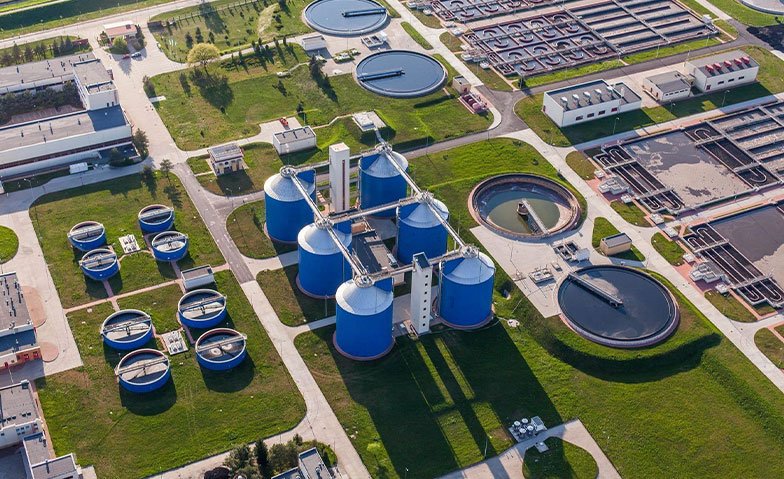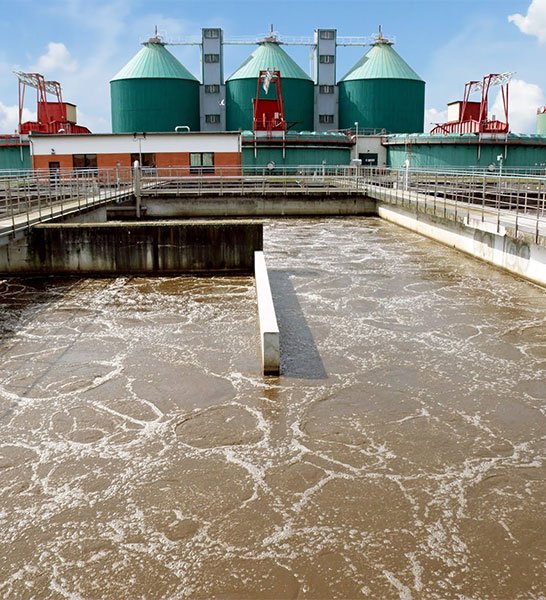24/7 Support for Your Business
24/7 Support for Your Business

Customized Assessment and Design: We begin by conducting a thorough assessment of your sewage treatment needs, taking into account factors such as facility size, population served, and specific requirements. Based on this assessment, we develop customized treatment system designs that prioritize efficiency, compliance with regulations, and environmental sustainability.
Efficient Primary Treatment: Our primary treatment processes focus on removing solid materials from the sewage through physical separation methods, such as screenings and sedimentation. We employ advanced technologies including bar screens, grit chambers, and primary clarifiers to efficiently reduce organic and inorganic content, laying the foundation for further treatment.
Advanced Biological Secondary Treatment: Utilizing advanced biological treatment methods like the activated sludge process or sequencing batch reactors, we target the degradation of organic pollutants to enhance water quality. Through aeration, mixing, and settling techniques, we cultivate beneficial microorganisms that effectively break down organic matter, ensuring thorough and efficient treatment.
Comprehensive Tertiary Treatment and Disinfection: Our tertiary treatment processes aim to further remove remaining impurities, including nutrients, suspended solids, and trace contaminants, to achieve high-quality effluent. We employ state-of-the-art technologies such as sand filtration, disinfection (e.g., chlorination or UV treatment), and advanced oxidation to ensure the purity of the treated water.
Effective Sludge Management: Managing generated sludge is integral to our sewage treatment process. We employ various techniques such as thickening, dewatering, and stabilization to optimize volume reduction and facilitate proper disposal or beneficial reuse. Through methods like anaerobic digestion, drying beds, or mechanical dewatering systems, we ensure efficient and environmentally responsible sludge management practices.






In today’s rapidly industrializing world, the issue of air pollution has become a pressing concern. As urbanization and industrial activities continue to grow, so does the emission of pollutants into the atmosphere, leading to adverse effects on human health and the environment.
Noise pollution is a pervasive environmental issue that affects millions of people worldwide. From bustling urban centers to tranquil rural areas, excessive noise can disrupt sleep, impair concentration, and have adverse effects on physical and mental health.
In the realm of environmental management, the importance of ongoing maintenance cannot be overstated. As industries, municipalities, and communities strive to uphold environmental standards and regulations, regular maintenance of environmental infrastructure and systems is essential for long-term efficiency and effectiveness.
In today’s rapidly evolving industrial landscape, the responsible management of wastewater is paramount. As industries grow and urban populations expand, the need for efficient effluent treatment and sewage management becomes increasingly critical.
In today’s rapidly urbanizing world, the management of solid waste has emerged as a critical environmental and public health issue. With urban populations on the rise and consumption patterns evolving, the volume of waste generated continues to escalate, placing immense pressure on landfills and natural ecosystems.